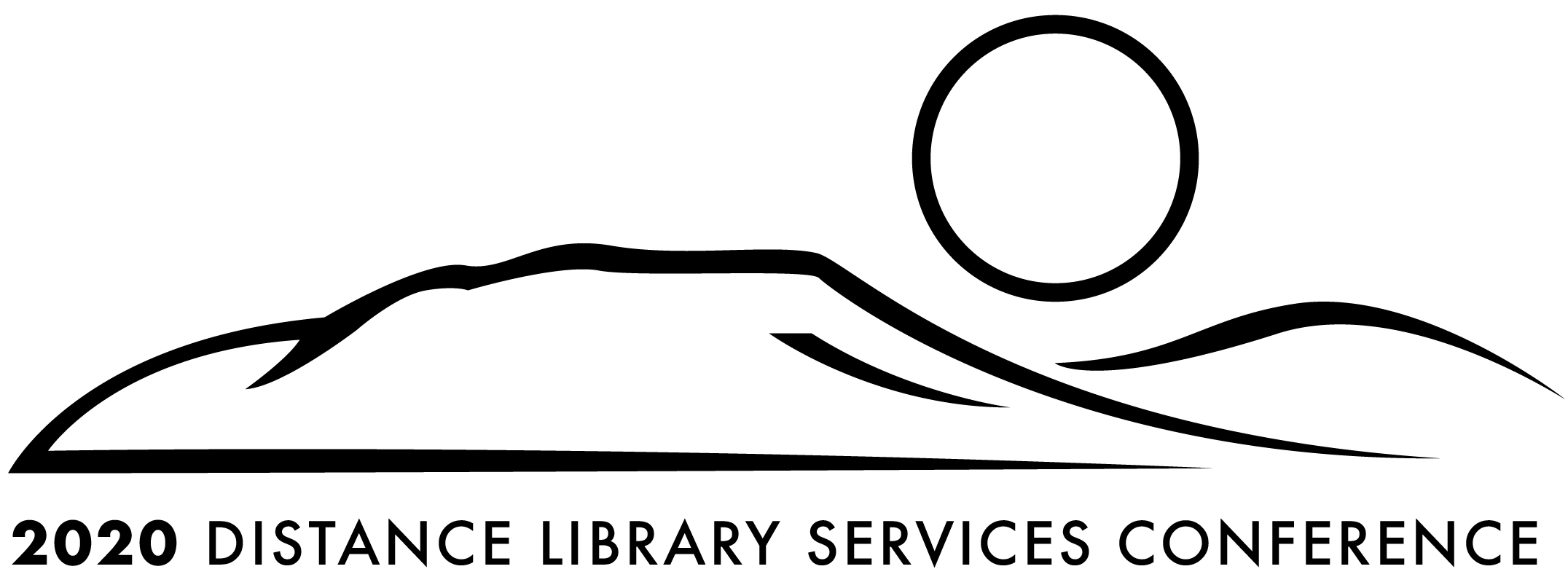Evaluation Through Collaboration: Artifact Assessment for an Online Course
Session Format
In-person Presentation
Conference Tracks
Library Instruction and Instruction Design
Short Description
Many instruction librarians struggle with reconciling the need to authentically assess their teaching with the constraints of the type of teaching we do. In other words, how do we know if our students are meeting our goals for them if we never see how they are using what we’re teaching? This session will discuss a solution: the implementation of an artifact assessment for a final project within an online, graduate-level course. Come learn about how the adjunct instructor and librarian collaborate to teach this course, as well as how this type of assessment is relevant for this student project.
Long Description
Many instruction librarians struggle with reconciling the need to authentically assess their teaching with the constraints placed around the type of teaching we do. In other words, how do we know if our students are meeting our goals for them if we never see how they are using what we’re teaching? This session will discuss a solution: the implementation of an artifact assessment for a final project within an online, graduate-level course. The facilitators of this session, an adjunct instructor and a subject librarian, collaborate on a course offered within an online LIS program. They will discuss the implementation of an artifact assessment for a final project within a Reference & Information Literacy course, which is offered online in two or more sections per quarter. The course schedule includes a series of two course sessions developed and facilitated by the iSchool Librarian in weeks five and six of the course. Week Five of the course focuses on learning outcomes related to search strategies and Week Six focuses on learning outcomes related to evaluating information sources. The outcomes for both sessions are aligned directly with the skills and knowledge that students will need in order to successfully complete their final projects and the course, and that these emerging information professionals will need as they enter their careers in librarianship.
During this session, the course instructor and librarian will review the history of their collaboration, the evolution of the librarian’s contributions to the course, the relevancy of artifact assessment for this course, and the process involved in conducting this assessment. Participants will have the opportunity to engage in discussion about the development of a specialized rubric and the impact of the assessment on small iterations to the course and larger revisions of the course.
Learning Objectives
Discuss the practice of faculty-librarian collaboration within an online course environment.
Identify what an artifact assessment is and how it can be applied to online instruction.
Categorize the steps involved in developing an artifact assessment for a semester or quarter-length project.
Evaluation Through Collaboration: Artifact Assessment for an Online Course
Many instruction librarians struggle with reconciling the need to authentically assess their teaching with the constraints placed around the type of teaching we do. In other words, how do we know if our students are meeting our goals for them if we never see how they are using what we’re teaching? This session will discuss a solution: the implementation of an artifact assessment for a final project within an online, graduate-level course. The facilitators of this session, an adjunct instructor and a subject librarian, collaborate on a course offered within an online LIS program. They will discuss the implementation of an artifact assessment for a final project within a Reference & Information Literacy course, which is offered online in two or more sections per quarter. The course schedule includes a series of two course sessions developed and facilitated by the iSchool Librarian in weeks five and six of the course. Week Five of the course focuses on learning outcomes related to search strategies and Week Six focuses on learning outcomes related to evaluating information sources. The outcomes for both sessions are aligned directly with the skills and knowledge that students will need in order to successfully complete their final projects and the course, and that these emerging information professionals will need as they enter their careers in librarianship.
During this session, the course instructor and librarian will review the history of their collaboration, the evolution of the librarian’s contributions to the course, the relevancy of artifact assessment for this course, and the process involved in conducting this assessment. Participants will have the opportunity to engage in discussion about the development of a specialized rubric and the impact of the assessment on small iterations to the course and larger revisions of the course.

